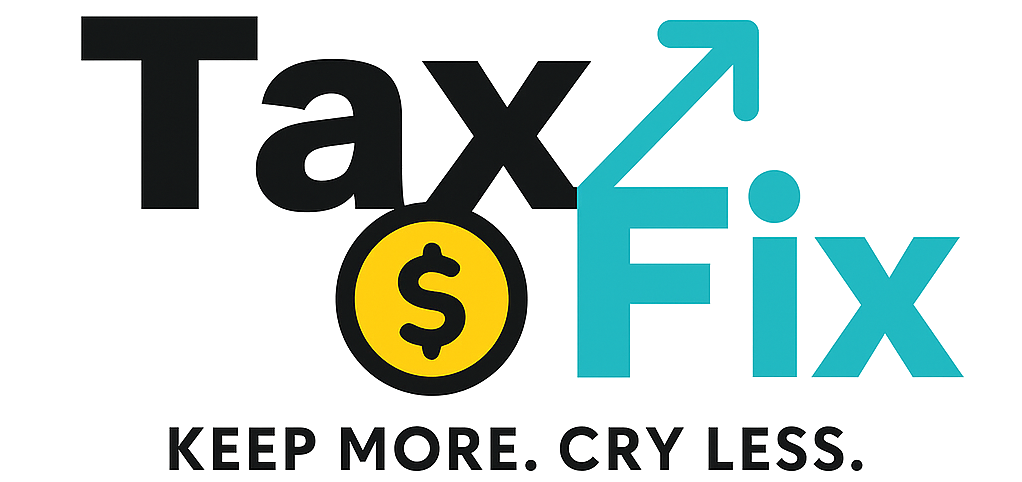Getting an audit notice from the IRS can be scary, but with proper preparation and understanding of the process, you can successfully defend your tax return. Here's everything freelancers and gig workers need to know about IRS audits. Start by using our tax deduction checklist to ensure you have proper documentation.
Understanding IRS Audits
An IRS audit is an examination of your tax return to verify that income, deductions, and credits are accurate. For freelancers, audits often focus on business expenses and Schedule C reporting. Understanding which deductions trigger audits can help you prepare better - learn more in our comprehensive deduction guide.
Common Audit Red Flags for Freelancers
High-Risk Deduction Areas:
- High business deductions relative to income - Keep deductions reasonable and well-documented
- 100% business use of vehicle - Claiming exclusive business use is often questioned
- Excessive home office deductions - Must be used exclusively for business
- Missing 1099 forms - Always report all income, even without forms
- Round numbers on tax returns - Precise amounts appear more legitimate
- Claiming losses year after year - IRS may question business legitimacy
What to Do If You're Audited
- Don't panic - Most audits are resolved without additional taxes
- Read the notice carefully - Understand exactly what's being questioned
- Gather your records - Organize all supporting documentation
- Consider professional help - A tax professional can represent you
- Respond within the deadline - Usually 30 days from the notice date
Essential Documentation for Audit Defense
Vehicle Expenses
- Mileage logs with dates, destinations, business purpose
- Repair receipts and maintenance records
- Insurance statements showing business use
- Registration and licensing documents
Vehicle deductions are the most commonly audited business expense. Learn proper tracking methods in our rideshare tax guide or delivery driver guide.
Home Office
- Floor plan showing exclusive business use area
- Photos of dedicated workspace
- Utility bills and mortgage/rent statements
- Records of business activities conducted at home
Business Expenses
- All receipts organized by category
- Bank statements showing business transactions
- Credit card statements with business purchases highlighted
- Contracts and invoices from clients
Best Practices for Audit Preparation
- Keep contemporaneous records - Track expenses when they occur using apps or our expense tracker
- Separate business and personal - Use dedicated business accounts
- Document business purpose - Note why each expense was necessary
- Save digital and physical records - Multiple backups are essential
- Be honest and accurate - Don't exaggerate or hide information
Pro Tip:
Use our Hidden Profit Finder to identify legitimate deductions you may have missed, but ensure you have proper documentation for everything you claim.
Professional Representation
Consider hiring a tax professional who can:
- Represent you before the IRS
- Help organize and present your documentation
- Negotiate on your behalf
- Understand complex tax law
- Reduce your stress and time commitment
Whether you need professional help or prefer to handle it yourself, proper preparation is key. Our quarterly tax planner helps you stay organized year-round to minimize audit risk.
